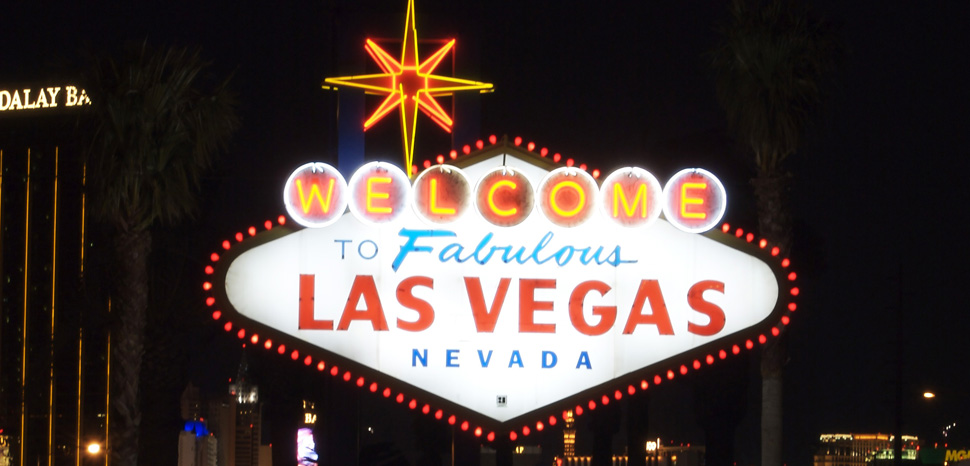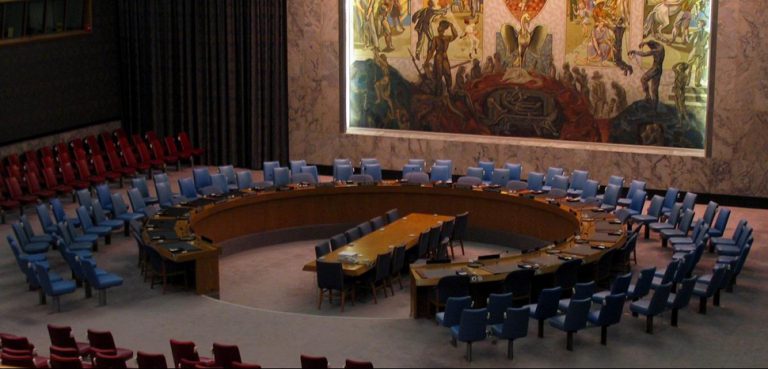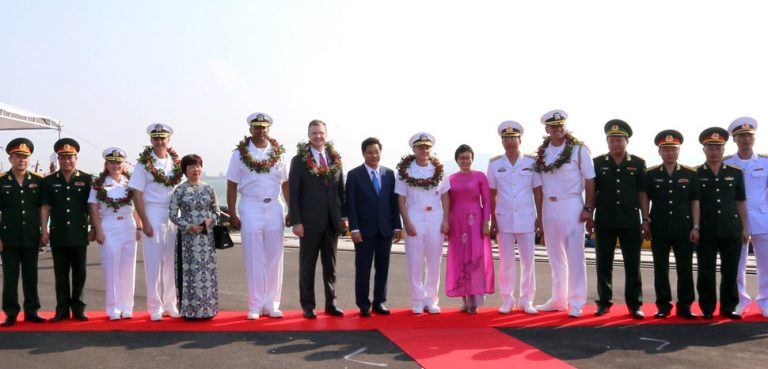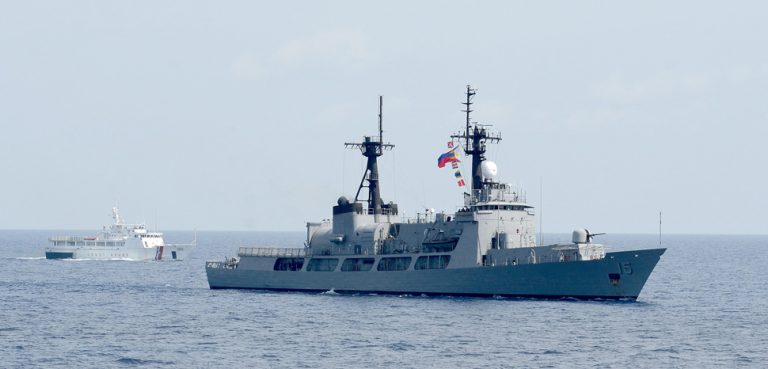The global escalation of a novel coronavirus (COVID-19) has prompted U.S. officials to fold their diplomatic playing cards and postpone the scheduled Association of Southeast Asian Nations (ASEAN) Summit from the bright lights of 24-hour entertainment in Las Vegas.
The Trump administration along with at least 8 of the 10 ASEAN nations, Brunei, Cambodia, Indonesia, Laos, Myanmar, Singapore, Thailand and Vietnam, anticipated the venue could forge closer cooperation and chart an improved geopolitical course at a time when policy experts say that China continues to expand its influence in Southeast Asia and in the contested South China Sea.
Furthermore, President Trump was betting that the White House, and his Las Vegas invitation to the ASEAN leaders, would have repaired existing rifts and hurt feelings resulting from his absence at last year’s regional East Asia Summit (EAS) in Bangkok.
Since it’s an election year, the administration will certainly ramp up its campaign mantra of ‘America First’ to appeal to the president’s base. However, though the single-minded U.S. focus on trade deficits has made it hard to craft a coherent policy for engaging the region’s 600 million consumers, there has been some positive news recently with the announcement of the creation and funding of the International Development Finance Corporation (IDFC) as an alternative to China’s controversial Belt and Road Initiative (BRI).
While this program is not at all equivalent to Beijing’s BRI, the IDFC’s size is set to more than double the Overseas Private Investment Corporation – the current instrument for development finance, which has a ceiling of $29 billion. Unlike its predecessors, the IDFC’s lending cap of $60 billion will enhance its foreign policy objectives.
What’s clear is that ASEAN leaders welcome Washington’s strategy to counter rising Chinese influence abroad, especially within Asia.
However, Washington’s trade policies clash with those upheld by several ASEAN states. While the Trump administration relies on trade bilateralism to advance regional trade governance, ASEAN opts for multilateral agreements. Trump insisted at the 2017 Asia Pacific Economic Council (APEC) CEO Summit that Washington will “make bilateral trade arrangements with any Indo-Pacific nation that wants to be our partner and that will abide by the principles of fair and reciprocal trade.”
It’s common knowledge that generally summits don’t tend to produce earth-shaking announcements, but a positive, widely-attended meeting with economic results would have offered tangible dividends for the White House. For the administration, Wall Street no longer offers ballast to the Trump re-election bid. Meanwhile, COVID-19 continues to crater global financial markets with the Dow falling over 1,000 points this past week and analysts anticipating global growth knocked down to 2.3 percent this year, the lowest level since the depths of the financial crisis.
Among those multinationals who had been planning to attend the summit there’s disappointment about its cancellation since there were scheduled business-to-business side events, especially in technology.
“The US-ABC has been planning a major technology summit on the sidelines of the Leaders’ Summit which is also being postponed, but we look forward to working closely with U.S. and ASEAN leadership to ensure the success of this important engagement at a later date,” claims Elizabeth Dugan, Vice President of the US-ASEAN Business Council.
Vietnam, the 2020 chair of ASEAN, understands that the outbreak has disrupted lives, health and financial markets, and diminished the spotlight on their leadership away from Washington at least for the moment. Although Vietnam and the U.S. have been engaged in trade normalization for 25 years, there’s an urgency on Hanoi’s part to gain a security partnership with Washington, since their country is strategically aligned to the U.S.
Anthony Nelson, a senior director of the East Asia and Pacific practice at Albright Stone Group, believes that “Vietnam is unlikely to replicate the same confrontational stance toward China in the South China Sea issues it took during its 2010 ASEAN chairmanship.”
Nelson adds, “given Indonesia and Malaysia’s recent concern over Chinese aggressiveness, Hanoi will have the leverage to push quietly for progress without needing to be too confrontational.”
ASEAN is not in a position to adopt the Trump administration’s antagonistic stance towards China. The member nations want to provide a balancing force for its members against the superpowers – U.S., China, India – they are surrounded by, and given that they have a keen interest in keeping the U.S. engaged in the region.
Before the summit is rescheduled, Trump’s senior officials may want to reach out to ASEAN to offer assistance in handling the looming pandemic in their region. Furthermore, both Singapore and Vietnam have displayed effective measures in monitoring, quarantine, and treatment in curbing the spread of the virus and earned praise from the US Centers for Disease Control and Prevention (CDC).
In Hanoi, the generous communicating of their science (medical) interventions with other neighboring countries, connected by rivers and mountains, may help build more trust and bridge constructive conversations about complex South China Sea issues, including a code of conduct for parties in the territorial disputes.
In the interim, ASEAN may need to show their cards before the rescheduled summit in order to boost solidarity and collaboration in addressing the common enemy – the COVID-19 virus – since it’s one that shows no respect for borders.
The views expressed in this article are those of the authors alone and do not necessarily reflect those of Geopoliticalmonitor.com or any institutions with which the authors are associated.




